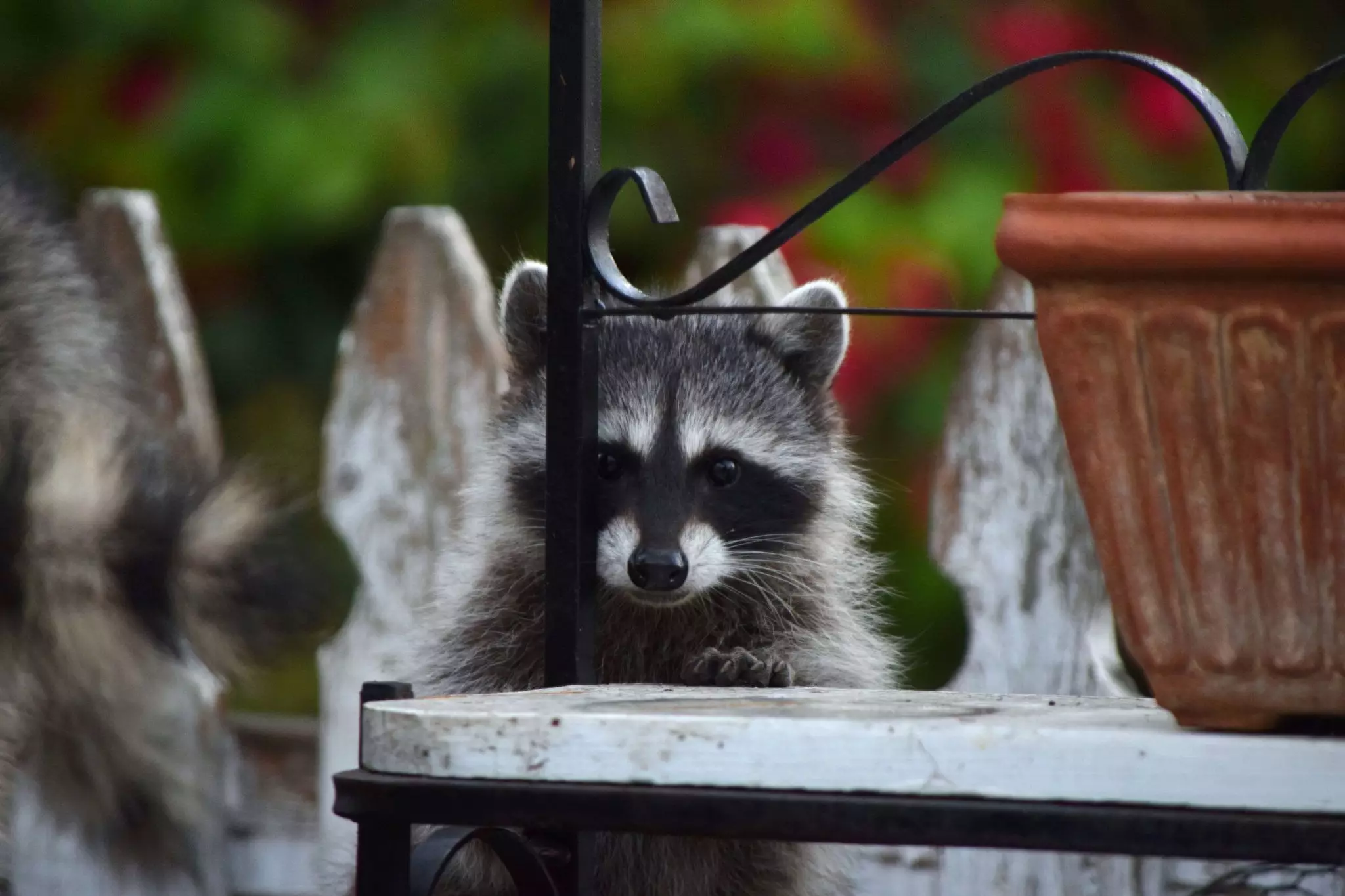Raccoons are known for their quirky behavior and charming personalities, making them increasingly popular as unconventional pets. However, owning a raccoon comes with its own set of challenges. Understanding their dietary needs is essential for their health and well-being. This article explores the complexities of raccoon nutrition and how to ensure your pet remains happy and healthy.
Raccoons are omnivorous animals, meaning their diets consist of various food types, including insects, fruits, nuts, and even small mammals. In the wild, raccoons are opportunistic foragers; their diet may vary substantially with the changing seasons and availability of food sources. Pet owners may not have the luxury of a diverse natural environment, but it is crucial to replicate their natural dietary habits as closely as possible at home.
Given the complexity of raccoon diets, there are no specific commercial formulations designed solely for them. Instead, owners must rely on pre-made omnivorous diets that can serve as a solid nutritional foundation. Various animal diet pellets are available, which can be mixed with other food sources to ensure a balanced intake.
To better emulate a raccoon’s natural feeding habits, pet owners should incorporate a variety of food items into their pet’s diet. Wild raccoons consume a broad array of food items, from beetles and caterpillars to a range of fruits and seeds. It’s advantageous to keep some of these food sources on hand to diversify your raccoon’s meals.
A significant number of invertebrates, particularly worms and insects, form their main food intake. This component not only satisfies their nutritional requirements but also promotes natural hunting instincts, contributing to their mental stimulation. Introduce live insects, such as mealworms or crickets, for additional enrichment. The very act of hunting for food can enrich your raccoon’s life, promoting an intrinsic engagement with their surroundings.
Feeding a raccoon requires a thoughtful approach. Young raccoons can eat freely, but as they age—typically around six months—their diet should be properly regulated to prevent obesity, which can result from overfeeding. It’s essential to establish a feeding schedule that includes measured amounts of both dry food and fresh additions.
Start with a quality omnivore-based kibble or high-calorie dog food, as the mainstay of their diet. The recommended quantity for young raccoons is approximately 1/8 of a cup two to three times daily. Supplementing this with fresh foods, such as sweet potatoes or carrots, and proteins like eggs or chicken provides a balanced meal. Remember to reserve high-fat items, such as nuts and fruits, for occasional treats. Their quantities should be limited due to their high-caloric content, which could affect weight management.
Raccoons are intelligent creatures that thrive on interaction and mental challenges. To promote cognitive engagement during mealtime, consider introducing more dynamic feeding practices. Raccoons are notorious for their love of water; offering a shallow dish for dunking can not only allow them to play while they eat but also minimize messes.
Additionally, you can enhance feeding time by hiding food in various places within their living area. Utilizing objects like boxes or scattering food on different levels encourages exploration and mimics their natural hunting behavior. Creating a scavenger hunt for food can provide considerable mental and physical exercise, helping to ward off boredom and destructive behaviors.
Regular veterinary check-ups ensure your raccoon remains in good health and manage any dietary issues. If you observe changes in your raccoon’s body shape or weight—such as a diminished waistline or difficulty feeling ribs—it’s vital to seek professional advice. Vets can provide tailored recommendations to ensure your pet is receiving the appropriate nutrition without risking weight-related health concerns.
Maintaining a pet raccoon goes beyond adequate feeding. It involves understanding their unique behavior, ensuring that their diet is nutritionally balanced, and providing enough mental stimulation. Embrace the joy of caring for these fascinating creatures, and you’ll find that your effort will lead to a rewarding companionship with your inquisitive pet.

